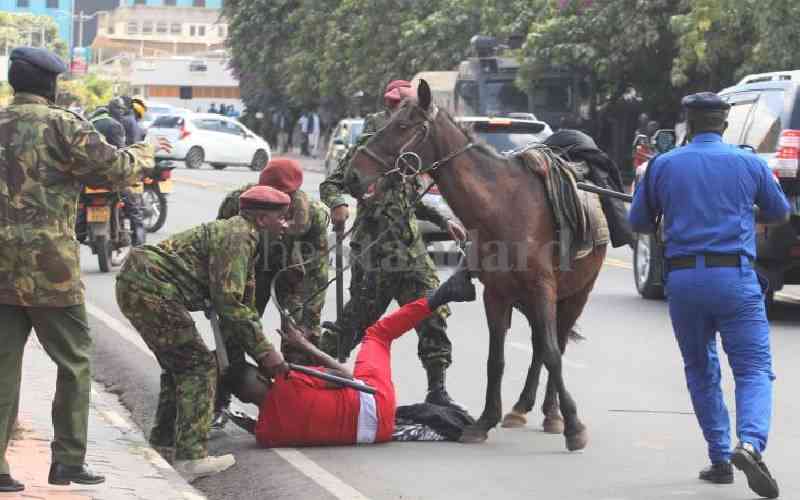×
The Standard e-Paper
Home To Bold Columnists

A revolution without dancing is not a revolution worth having. If Gen Z is anything to go by, with their TikTok dances and duets to the lyrics of 'Gotha tena,' we are on the brink of a cultural revolution.
On January 27, young Kenyan women marched to defend their right to exist safely in public spaces. With femicide cases skyrocketing, the protest, dubbed "Feminists March Against Femicide," spanned 11 counties and brought together thousands of people from all walks of life.